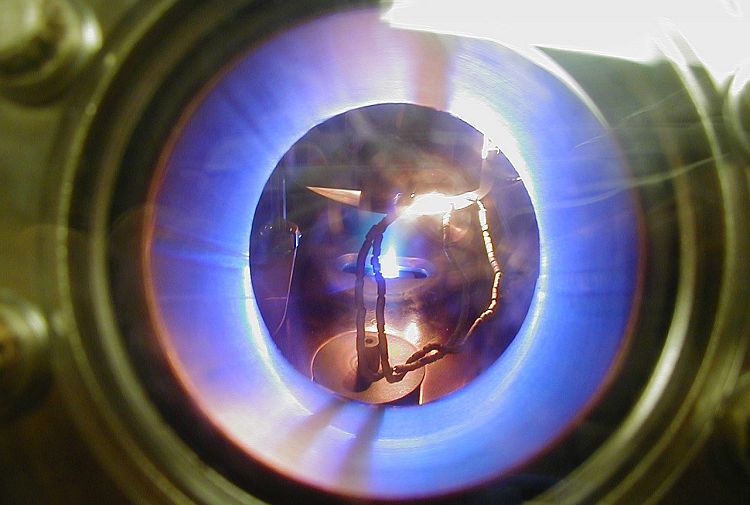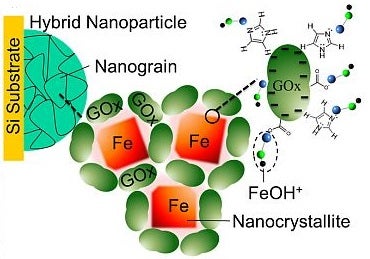The
design
and
synthesis
of
new
materials
is
the
main
driver
of
technological
evolution
in
the
past
century.
Novel
chemical
principles
are
being
applied
at
the
molecular
level
to
develop
exciting
materials
with
novel
chemical,
mechanical,
optical,
biological,
electronic
and
magnetic
properties.
Material
structures
covering
the
full
range
of
dimensions
from
molecular
to
micrometer
to
macroscopic
scale
can
be
built
to
enable
desirable
properties
(electrical,
mechanical,
optical,
chemical,
and
biological)
that
are
tailored
to
specific
applications.
Understanding
the
interactions
that
arise
from
organizing
atoms
and
molecules,
clusters,
polymers,
and
aggregates
and
superstructures
provides
the
ultimate
control
of
building
new
materials
with
novel
functionality
for
emerging
applications,
from
chemical
sensing
to
environmental
remediation
to
renewable
energy
to
drug
design
to
advanced
materials
for
next-generation
smart
cars
and
hand-held
electronics.
Materials
Chemistry
is
inherently
interdisciplinary
and
it
breaks
down
the
boundaries
between
traditional
sub-disciplines,
including
organic,
inorganic,
polymer,
physical,
biological,
and
analytical
chemistry.
Waterloo
has
one
of
the
strongest
academic
materials
chemistry
efforts
in
the
world.
Researchers
in
chemistry
benefit
tremendously
from
collaboration
and
interactions
with
other
researchers
in
the
world-renowned
institutes
including
the
Water
Institute,
Waterloo
Institute
for
Nanotechnology,
and
Institute
for
Quantum
Computing.
The
Materials
Chemistry
program
prepares
our
students
for
the
new
economy
driven
by
constructing
new
materials
and
chemical
architectures
and
devices
with
multiple
functions
and
exciting
new
properties. The
program
also
empowers
our
students
with
versatile
skill
sets
to
meet
the
challenges
not
just
in
traditional
R&D
but
also
in
emerging
new
industries.



